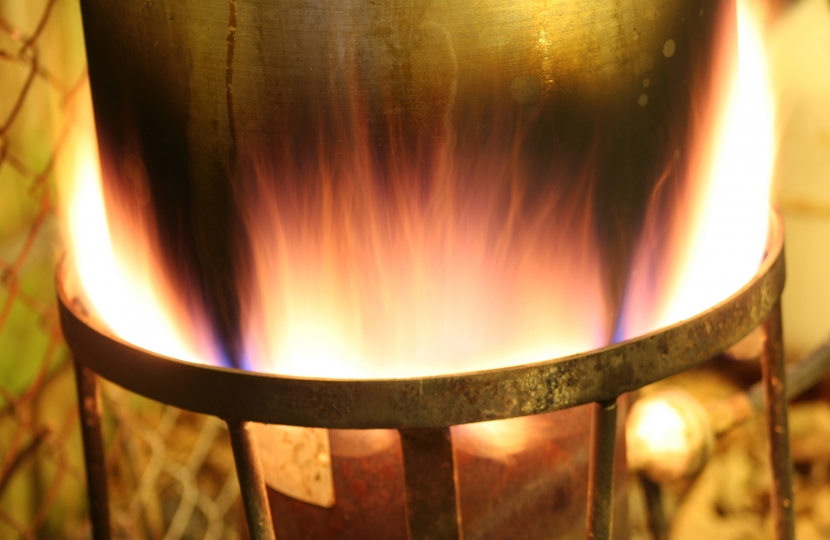
Carbon monoxide is a toxic gas, but, being colorless, odorless, tasteless, and initially non-irritating, it is very difficult for people to detect.Unfortunately many people across Wales still do not know enough about its dangers and it continues to claims lives or leave people with long-term chronic health problems.
With high profile cases of CO poisoning such as the Thomas Cook incident in 2006, households are becoming more aware of the dangers but there is still work to be done.
Last week was the 10th National Carbon Monoxide Awareness Week. Founder Lynn Griffiths is continuing in her fight to raise awareness of both the immediate danger and the long-term effects of CO poisoning, which she has experienced first hand.
Ms Griffiths and her family were poisoned in their home over a period of many years because of a gas fire flue blocked with builders’ rubble.
The Department of Health estimates the clear, odourless gas causes around 4,000 hospitalisations and 40 deaths in the UK per year.
Research carried out by Corgi found that 8.4 million people in Britain have suffered CO poisoning or know someone who has. With 58% of homeowners failing to have their systems regularly serviced, the survey showed that 2.13 million homes are at risk of exposure to dangerous levels of CO.
Carbon monoxide (CO) is produced when hydrocarbon fuels burn without enough air, usually as a result of poor maintenance/servicing of central heating boilers, fires or cookers. It also becomes a major problem when flues/chimneys become partially or wholly blocked.
Early symptoms of Carbon Monoxide poisoning are similar to common ailments such as food poisoning, viral infections, flu or simple tiredness. These may include headache, drowsiness, nausea and vomiting, aching muscles, difficulty breathing, vision changes, dizziness, vertigo and pins and needles. Judgement is impaired and the victim may go through emotional changes and become confused and clumsy. If the victim doesn't leave the toxic environment, loss of consciousness, coma and death may follow.
Anyone who suspects they may be suffering from carbon monoxide poisoning should immediately turn off all appliances, go outside and seek medical help from a qualified healthcare professional.
Carbon Monoxide alarms cost very little, yet save lives. I would urge anyone who doesn’t already have one installed in their home to go out and buy one now – it could be the best investment you ever make – although, remember, alarms are no substitute for regular inspection and maintenance of appliances, vents, flues and chimneys.
Follow Lynn’s advice and take action now - Don’t let this silent killer, kill you.


